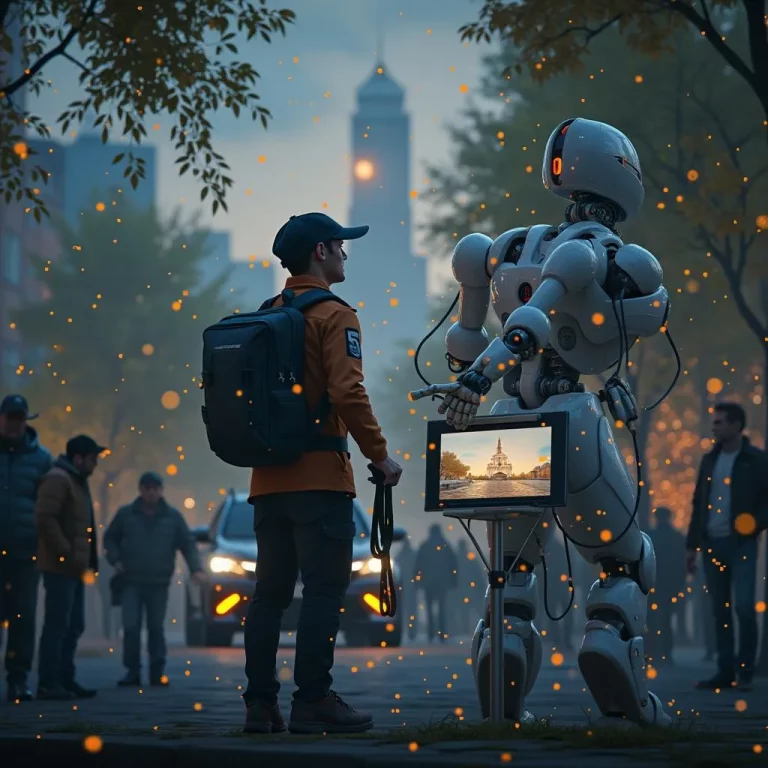The Humanization of AI: A Double-Edged Sword in the Tech Industry
- 0 reactions
- 2 days ago
- Flaik.ai

The Humanization of AI: A Double-Edged Sword in the Tech Industry
In the rapidly evolving landscape of artificial intelligence, a curious trend has emerged: the personification of AI technologies. As generative AI continues to advance, companies are increasingly adopting a marketing strategy that gives these sophisticated algorithms human names and personas. This approach aims to make AI feel more approachable and less like cold, impersonal code.
The Strategy Behind AI Personification
By anthropomorphizing AI, tech startups are attempting to accomplish two primary goals:
- Build trust quickly with potential users
- Mitigate concerns about AI replacing human jobs
This strategy is designed to create a sense of familiarity and comfort around AI technologies, making them seem more like helpful assistants than threatening replacements for human workers.
The Implications of Humanizing AI
While this approach may have its merits in terms of user adoption and acceptance, it also raises important questions about the ethical implications of personifying AI. Some critics argue that this trend is potentially dehumanizing, as it blurs the lines between human intelligence and machine learning.
Moreover, the accelerating pace of this personification trend could lead to unrealistic expectations about AI capabilities and potentially mislead users about the true nature of their interactions with these technologies.
Balancing Innovation and Responsibility
As we continue to integrate AI into various aspects of our lives, it’s crucial to maintain a balanced perspective. While tools like the AI Voice Over Assistant can enhance productivity and creativity, we must also be mindful of the potential pitfalls of over-humanizing these technologies.
It’s essential for both developers and users to understand the capabilities and limitations of AI. This includes recognizing that while AI can be an incredibly powerful tool, it is ultimately a sophisticated algorithm rather than a sentient being.
The Future of AI Marketing
As the AI industry continues to evolve, we may see further refinement of these marketing strategies. Companies might explore new ways to present AI technologies that strike a balance between approachability and transparency about their true nature.
One potential avenue could be the development of more abstract or symbolic representations of AI, moving away from human-like personas while still maintaining a user-friendly interface. This approach could potentially be complemented by educational initiatives that help users understand the underlying technology, such as those offered by Website SEO Optimizer tools.
Conclusion
The trend of humanizing AI presents both opportunities and challenges for the tech industry. While it may help in the short-term adoption of AI technologies, it’s crucial to maintain transparency and foster a realistic understanding of AI’s capabilities and limitations. As we move forward, finding the right balance between making AI accessible and preserving its true identity as a technological tool will be key to responsible innovation in this field.
Comments
Continue reading
No results available
Reset








